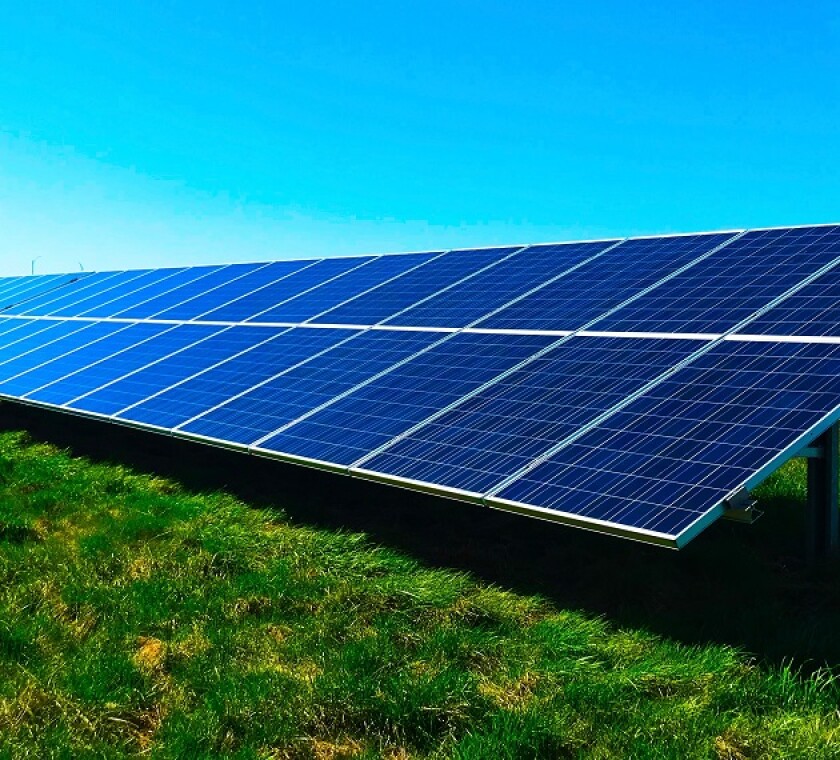A recent report published by The European Court of Auditors assesses whether existing energy taxes, carbon pricing and energy subsidies within the EU assist in achieving EU climate goals.
The auditors examined the Energy Taxation Directive, existing Emissions Trading System and the proposals of the Commission to update this legislation, as well as current energy taxation in the member states. In addition, the auditors review how carbon pricing instruments and energy subsidies incentivise climate action.
“Energy taxation, carbon pricing and energy subsidies are important tools for achieving climate goals. The main challenge, in our opinion, is how we strengthen the links between regulatory and financial measures and find the right mix between these two. With our review, we aim to contribute to the discussion on energy prices and climate change, and in particular to the upcoming debate around the proposed revision of the Energy Taxation Directive” - Viorel Stefan Member of the European Court of Auditors
As can be seen there are major changes afoot and this article provides an Irish perspective on some recent Irish taxation changes in this area as well as suggestions which we believe would aid Ireland in achieving its climate change objectives.
Electricity tax
Electricity tax is an excise duty that is charged on supplies of electricity on the final supply of electricity to the consumer, subject to certain reliefs such as:
Electricity for household use;
Electricity generated from renewable sources, environmentally friendly heat and power cogeneration and on board a craft; and
Electricity used for chemical reduction or in electrolytic or metallurgical processes, for combined heat and power generation, for, or in connection with, the production of electricity.
Currently, we need to incentivise energy consumers to demand green energy through their preferences for renewable sources.
The Climate Action and Tax Paper Tax Strategy Group – 21/09 foresees a possible future increase to Electricity Tax rates together with a removal of the reliefs mentioned above. The reason is that, according to the Climate Action Plan and the Programme for Government aim for carbon neutrality by 2050, there will be a gradual reliance on electricity supplied as a renewable energy and consequently a loss of tax revenue from fossil fuels. Such long-term thinking should not impact the immediate action needed.
Carbon tax
Recent Finance Act 2021 changes increased the annual carbon tax from €33.50 to €41 per tonne of carbon dioxide emission. This increase has been applied from October 13 2021 for diesel and petrol and will be applied from May 1 2022 for all other fuels.
Relief schemes in place to mitigate the impact of the carbon tax for business sectors which are heavily reliant on fuel as a business input (e.g. the Diesel Rebate Scheme) have been subject to criticism as fossil fuel subsidies. Therefore, they might gradually be removed in the near future, in tandem with the introduction of support measures which incentivise the use of greener fuels and technology.
Clearly, this will provide an impetus for green energy sources and where it hits the consumer in the pocket will drive demand for renewable energy.
Solar energy – private capital incentive
Where will this green energy come from, and how will it be developed?
The Irish government have committed to meeting 80% of all electricity demand by 2030 from renewable sources. Within this target, Ireland has set an objective of meeting the electricity demand through a mixture of corporate power purchase agreements (CPPAs) and a series of renewable auctions called Renewable Energy Support Scheme (RESS).
More frequent auctions are needed as well as seeking opportunities outside of RESS to allow projects connect to the grid and seek an alternative route to market. At a macro level, the inability of solar energy providers to ensure a competitive return for private investment through the relatively high costs of solar assets in Ireland and route to market will ultimately limit the amount of solar energy developments which can take place in Ireland (outside those subsidised through the RESS process) and will therefore, in turn, impact on Ireland’s ability to meet any renewable energy targets.
Deloitte has proposed legislation as part of its response to the public consultation of the Commission on Taxation and Welfare which would create a tax-exempt renewable energy vehicle for the sole purpose of generating income from the financing, development or operation of solar energy assets in the state.
An incentive, such as this, should reduce the costs of producing electricity and therefore make solar projects more viable to compete with wholesale electricity prices and secure CPPAs. This in turn should result in increased investment whilst assisting Ireland in meeting its decarbonisation goals.
David Neary
Director, Deloitte Ireland
Alan Kilmartin
Director, Deloitte Ireland













